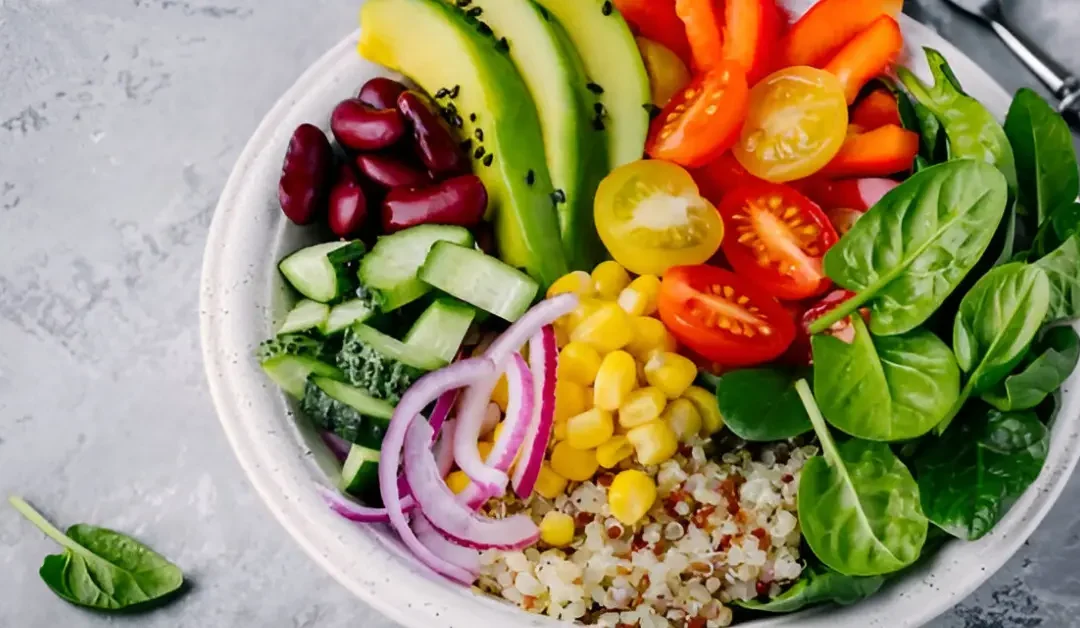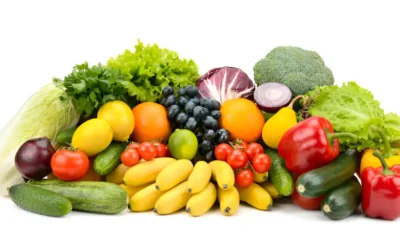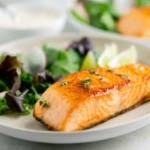Imagine yourself in a sun-drenched villa overlooking the azure Mediterranean Sea, savoring a meal rich in flavors, colors, and nutrients. That’s the essence of the Mediterranean diet—a way of eating that’s not just a diet, but a lifestyle.
This diet, inspired by the traditional cuisines of countries like Greece, Italy, and Spain, is renowned for its health benefits and delicious flavors. Let’s dive into the world of Mediterranean diet food, exploring what to eat, what to avoid, and how to make the most of this vibrant and healthy way of life.
Understanding the Mediterranean Diet
What Is the Mediterranean Diet?
The Mediterranean diet is more than just a list of foods; it’s a holistic approach to eating that emphasizes fresh, whole foods, and encourages mindful eating and enjoyment of meals with others. It’s inspired by the traditional eating habits of people living in the Mediterranean region during the 1960s.
Benefits of the Mediterranean Diet
Embracing the Mediterranean diet offers a host of benefits:
- Heart Health: The diet is linked to a reduced risk of heart disease, thanks to its focus on healthy fats, fruits, and vegetables.
- Weight Management: It can aid in weight loss and maintenance by promoting satiety and balanced meals.
- Longevity: People in the Mediterranean region, particularly in the Blue Zones like Ikaria and Sardinia, are known for their longevity and good health.
- Mental Clarity: The diet’s emphasis on nutrient-dense foods supports brain health and cognitive function.
Foods to Include in the Mediterranean Diet
Fruits and Vegetables
Fruits and vegetables are the cornerstone of the Mediterranean diet. They provide essential vitamins, minerals, and fiber, and add a burst of color and flavor to your meals.
Examples:
- Leafy greens: spinach, kale, arugula
- Colorful vegetables: bell peppers, tomatoes, zucchini, eggplant
- Fruits: apples, oranges, berries, grapes
How to Incorporate:
- Start your day with a fruit salad or a smoothie packed with berries and spinach.
- Enjoy a colorful salad for lunch with a variety of vegetables and a drizzle of olive oil.
- Snack on fresh fruit or veggie sticks with hummus.
Whole Grains
Whole grains are a staple in the Mediterranean diet, providing complex carbohydrates, fiber, and essential nutrients.
Types:
- Brown rice
- Whole wheat bread and pasta
- Quinoa
- Farro
- Bulgur
How to Use:
- Use whole grain bread for sandwiches and toast.
- Cook up a hearty bowl of brown rice or quinoa as a side dish.
- Enjoy a comforting bowl of whole wheat pasta with your favorite Mediterranean-inspired sauce.
Healthy Fats
Healthy fats are crucial in the Mediterranean diet, providing energy and supporting heart health.
Sources:
- Olive oil
- Avocados
- Nuts and seeds: almonds, walnuts, chia seeds, flaxseeds
- Fatty fish: salmon, mackerel, sardines
How to Incorporate:
- Use olive oil for cooking and dressing salads.
- Add avocado slices to your sandwiches and salads.
- Snack on a handful of nuts and seeds.
- Enjoy grilled or baked fatty fish as a main dish.
Proteins
Proteins in the Mediterranean diet come from a variety of sources, including both plant-based and animal options.
Options:
- Legumes: lentils, chickpeas, beans
- Nuts and seeds
- Fish and seafood
- Poultry and eggs (in moderation)
- Dairy: Greek yogurt, feta cheese, ricotta
How to Use:
- Incorporate legumes into soups, stews, and salads.
- Enjoy a variety of nuts and seeds as snacks or in recipes.
- Grill or bake fish and seafood for a delicious main dish.
- Use poultry and eggs in moderation in your meals.
- Add a dollop of Greek yogurt to your breakfast or use feta cheese in salads.
Foods to Avoid or Limit in the Mediterranean Diet
Processed Foods
Processed foods are high in unhealthy fats, sugars, and additives, and should be limited in the Mediterranean diet.
Examples:
- Fast food
- Packaged snacks: chips, crackers, cookies
- Processed meats: hot dogs, sausages, deli meats
- Sugary beverages: soda, sweetened teas, sports drinks
Alternatives:
- Opt for whole, unprocessed foods whenever possible.
- Make your own snacks and treats using natural ingredients.
- Choose water, unsweetened tea, or coffee as your primary beverages.
Red Meat
Red meat is limited in the Mediterranean diet due to its high saturated fat content and potential health risks.
How to Limit:
- Choose lean proteins like poultry, fish, and plant-based options instead.
- If you do eat red meat, opt for lean cuts and limit your intake to once or twice a month.
Tips for Success on the Mediterranean Diet
1. Plan Your Meals
Meal planning is key to staying on track with the Mediterranean diet. Create a weekly meal plan and prep your meals in advance to avoid temptations.
2. Cook at Home
Cooking at home allows you to control the ingredients and ensure you’re eating whole, nutritious foods.
3. Enjoy Meals with Others
The Mediterranean diet is about more than just food; it’s about the experience of sharing meals with loved ones. Make mealtime a social event and savor the flavors and company.
4. Stay Hydrated
Drink plenty of water throughout the day. Staying hydrated helps with digestion, energy levels, and overall well-being.
5. Listen to Your Body
Pay attention to how your body responds to the Mediterranean diet. Adjust your food choices and portion sizes as needed to feel your best.
FAQs
Can I drink alcohol on the Mediterranean diet?
Yes, the Mediterranean diet allows for moderate alcohol consumption, particularly red wine. Enjoy a glass with meals, but remember that moderation is key.
Is the Mediterranean diet expensive?
Not at all! The Mediterranean diet focuses on whole, natural foods that are often more affordable than processed foods. You can find budget-friendly options like canned beans, frozen vegetables, and bulk grains.
Can I eat bread on the Mediterranean diet?
Yes, you can enjoy bread on the Mediterranean diet, but opt for whole grain varieties. Whole grain bread is a great source of complex carbohydrates and fiber.
Conclusion
The Mediterranean diet is a delightful and healthy way of eating that offers numerous benefits. By focusing on fruits, vegetables, whole grains, healthy fats, and lean proteins, you can enjoy delicious, nutritious meals while improving your overall health. So, why not give it a try? Your body and taste buds will thank you!









